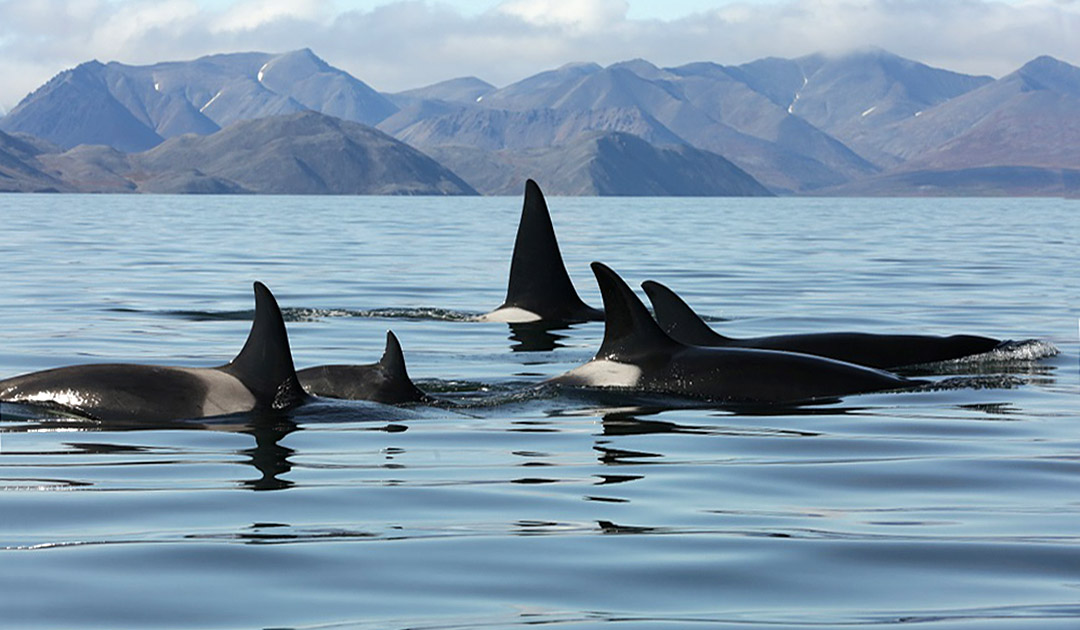
A joint report by World Wide Fund for Nature (WWF) and scientific partner organizations on “whale highways” that act as major whale migration routes and their intersections with human economic activities, was released on February 17. The most difficult area in Russian waters is the Bering Strait.
It recommends that shipping traffic in the Bering Strait, Chukchi Sea, and other narrow areas of the Northern Sea Route be restricted for the safety of the whales. This was announced by the press service of WWF Russia to the news agency TASS, citing a scientific report. According to WWF Russia, studies are also being conducted on underwater noise off the coast of Chukotka to understand how it affects whales.
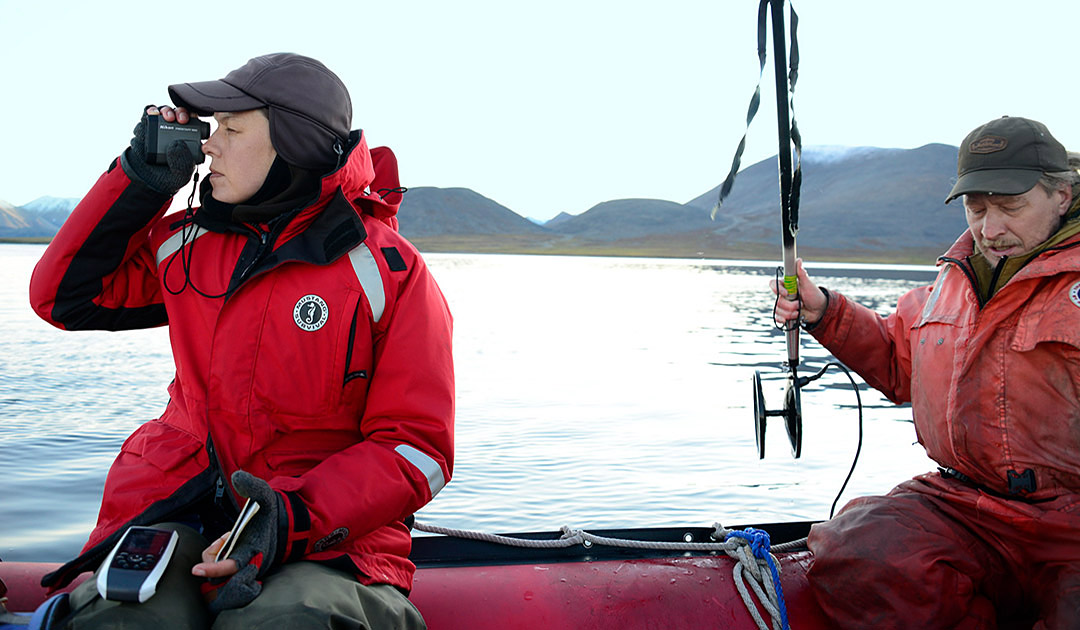
“To streamline shipping routes and reduce the risk of emergencies in the Bering Strait, the International Maritime Organization (IMO) adopted a special scheme for shipping traffic in the Bering Strait in 2018 at the suggestion of Russia and the United States. In order to keep the migratory routes of whales and other marine mammals as clear as possible, it is necessary that these rules be followed by all vessels, as traffic through the strait will greatly increase. Also up for discussion is the creation of a special area around Big Diomede Island, in the center of the strait, that ships should avoid,” the report says.
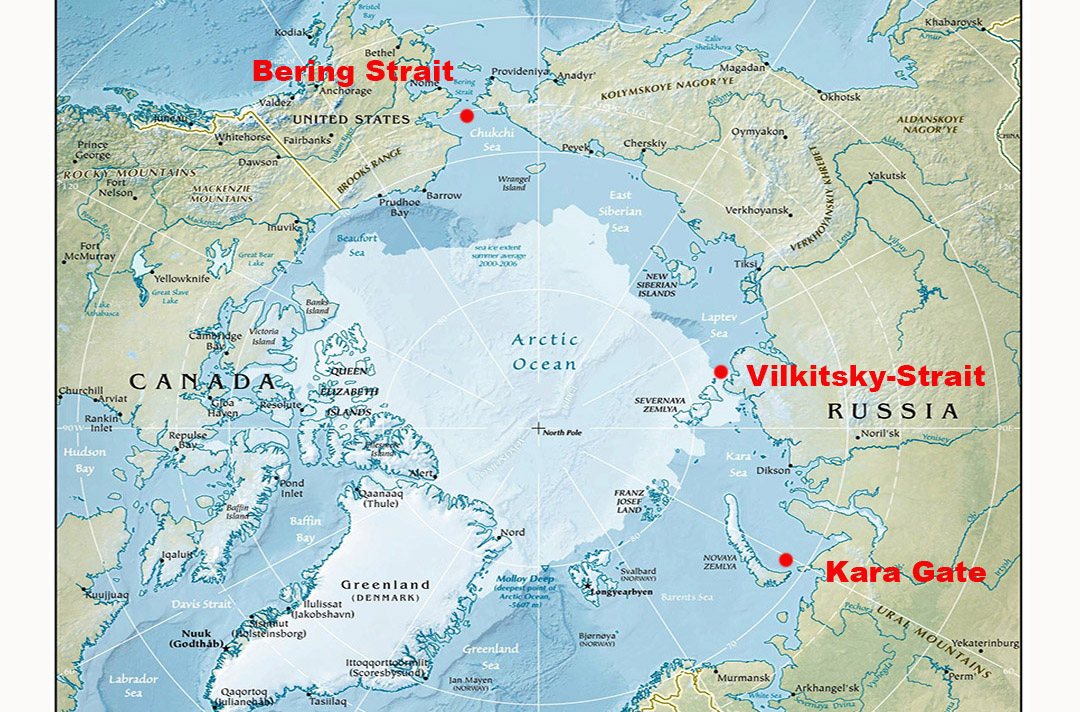
The neighboring Chukchi and Beaufort seas are also important for whale conservation. Currently, with the participation of WWF Russia, the possibility of granting the Bering Strait and some areas of these seas the status of a particularly sensitive marine area is being discussed. This will make it possible to create a flexible regime at the international level to regulate shipping in these waters in order to preserve the marine environment. In addition, WWF Russia is conducting research on underwater noise off the coast of Chukotka to understand how it affects whales.
“In addition to the Bering Strait, there are several other areas in the Russian Arctic where a bottleneck is forming on both shipping and marine mammal migration routes. These are, in particular, the Kara Gate and Vilkitsky Strait. It is also necessary to create rules for the movement of ships in these areas, which would reduce the possibility of collisions and other threats to animals,” WWF Russia added.
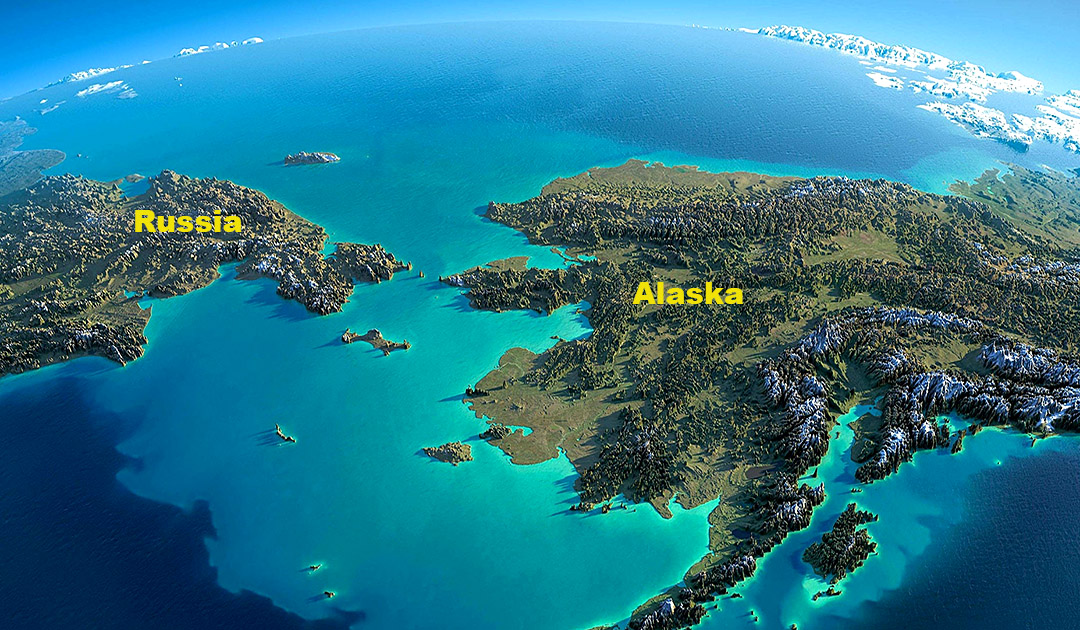
For the first time, the routes of 845 whales recorded using satellite monitoring were marked on a single map as part of the report. It also analyzed research results from more than 50 teams of scientists from around the world over the past 30 years. The results showed that the threats to whales are becoming more serious every year. Industrial pollution, shipwrecks, underwater noise, unsustainable fisheries and climate change are affecting whales, their habitats and food sources. Bycatch in fishing nets alone kills up to 300,000 marine mammals annually.
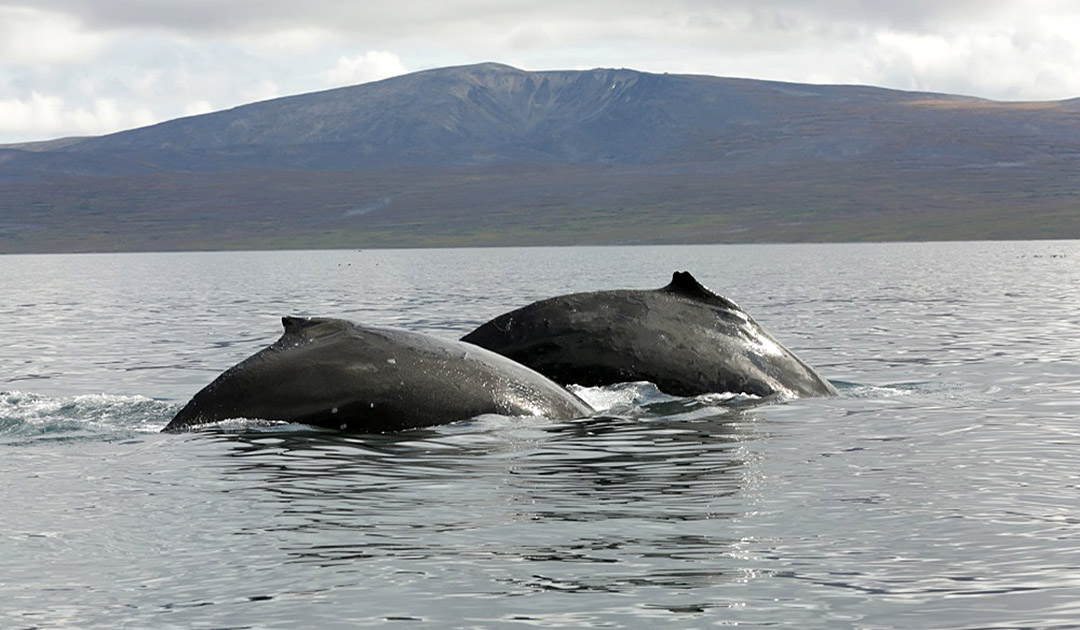
The report’s authors note that three shipping routes intersect in the Bering Strait that will be heavily traveled over the next 20 years: the Northern Sea Route, the Northwest Passage and the Transpolar Sea Route. The Bering Strait is the only connection between the Pacific and Arctic oceans, but it is both narrow and shallow — measuring just 83km across and with a channel depth of 35 meters. Each year, up to hundreds of thousands of marine mammals gather here, swimming from north to south and back. These include gray, bowhead and humpback whales, fin whales, minke whales, orcas, beluga whales, walruses and seals. Due to shrinking ice cover in the Arctic during the summer, shipping in the region has doubled over the past decade, from 262 ship passages in 2009 to 494 in 2019.
Heiner Kubny, PolarJournal
Study website: Whales in the Bering Strait
More on the subject:





